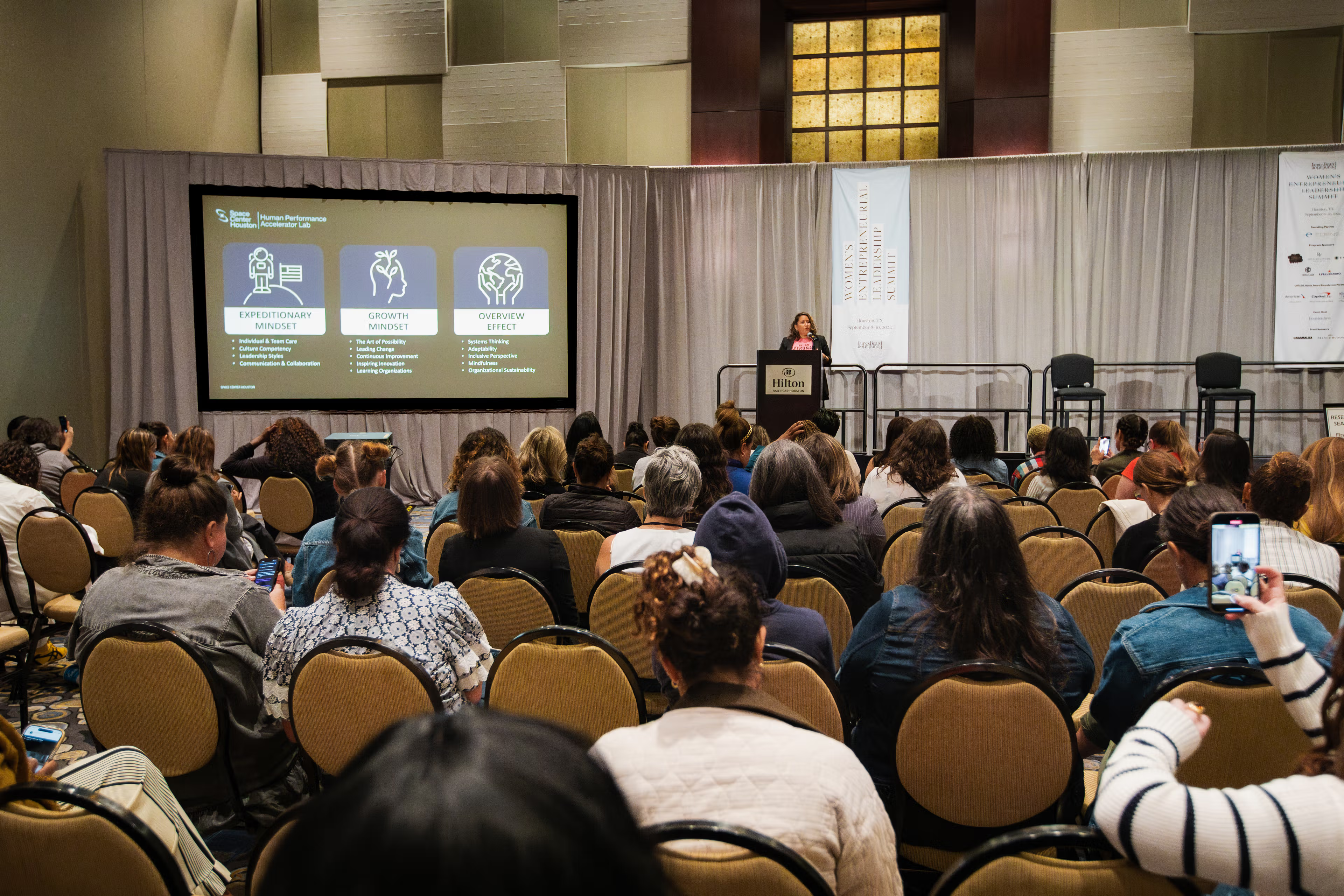The James Beard Foundation Institute is the central hub and repository of all our training, educational programs, and ongoing resources to help
chefs and operators lead our industry forward. From business resiliency, leadership, and management skills, to advocacy training towards policy
change, the institute is the definitive educational resource for the independent restaurant industry and leaders in the broader food system.

Photo: David Chow

Programs
Our programs pair industry-specific educational curricula with facilitated community and network building opportunities both virtually and in-person.

Workshops and Events
Our workshops and events provide targeted support through insights and inspiration from subject matter experts and industry leaders.

Industry Events Calendar
Check out our upcoming events, programs, and more.

Resource Center
Access all of JBF’s past webinars and recordings of live educational programs, along with toolkits, white papers, and more.

